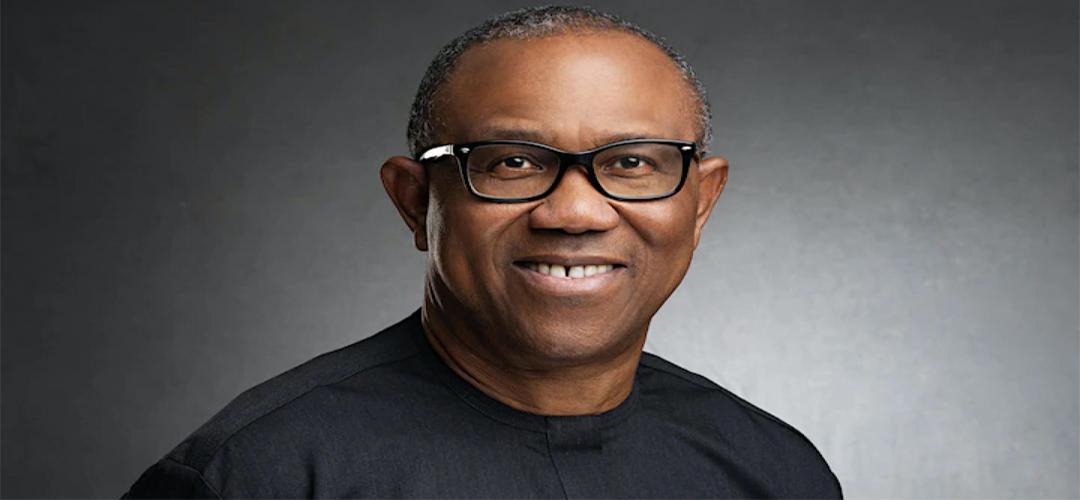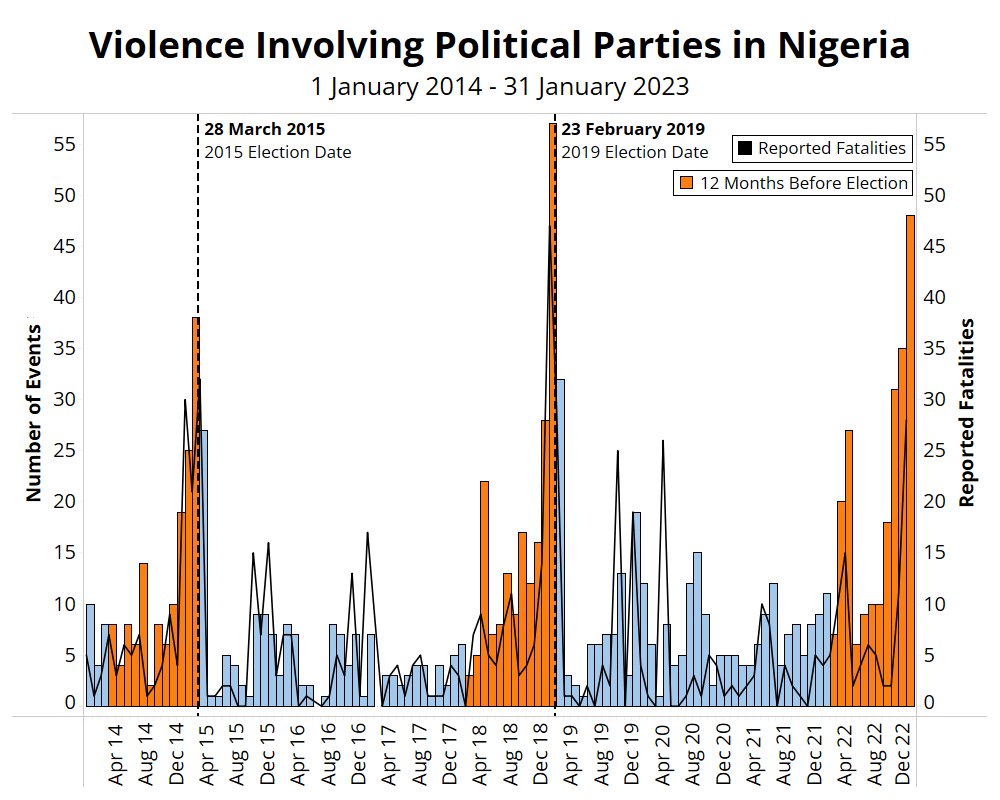Nigeria: Keeping Democracy Alive
February 25, 2023 | Expert Insights

In Africa's biggest economy, with 1/6 of the entire continent's population, democracy has been a forlorn hope that somehow survives from one political transition to another. Riven by radicle Islamic terrorism, separatist sentiments, deep-seated corruption and intense tribal loyalties, this large and naturally endowed nation goes to election on February 25th.
Democracy in most of Africa has been on a backfoot with an avalanche of military coups over the last two years, having sent packing democratically elected rulers. The only silver lining in these coups compared to their past versions was that most were bloodless, and the outgoing incumbents were allowed to walk off with their lives and not be buried in unmarked graves after an especially gruesome death.
Therefore, global interest is riveted upon the conduct and outcome of the elections in Nigeria as it will have repercussions for the nation and a severe ripple effect in the continent. Let us not forget Nigeria is the driving force behind the African Union (AU) and provides the military muscle for all peace-enforcing missions that AU conducts.
Background
The concerns of those who have the good of Nigeria in their hearts are well justified; large parts of Nigeria have become virtually ungovernable, with Abuja having rescinded its control and responsibilities to violent warlords and jihadi groups. Its economy has been spiralling out of control, having a severe cascading effect on its neighbours. Violence had reached endemic levels, with over 10,000 reported killed last year.
The most worrying issue is the lack of religious coherence. There are approximately 250 different ethnic groups that are either Muslims (in the North) or Christians (in the South). Like most countries having an ethnic and religious mix, politics thrive on sowing seeds of division along religious/ tribal lines. While Nigeria was able to prevent the secession of the Christian-dominated Biafra province in the 1960s through a brutal military campaign aided by the USSR, the ethnic and religious hatreds have survived and continue to surface every now and then, usually explosively.
Islamic State West Africa Province (ISWAP) has a free run over large segments of the North East along with its equally brutal ally, Boko Haram. In the North West, heavily armed criminal gangs prey on citizens with little protection from the state. The oil-rich Niger Delta remains a den of pirates and warlords, and in the South East, although suppressed, the flames of independence linger on in Biafra.
Successive elected governments have done their share of damage to their country through nepotism, misrule, and corruption. The major players have been two political parties that have ruled for more than two decades-All Progressive Congress (APC) and the People’s Democratic Party (PDP).
With the rise of Mr Peter Obi, a new dimension has been introduced into Nigerian political space, which has evoked a great deal of interest domestically and overseas.

Analysis
So who is Peter Obi? A 61-year-old businessman, Obi is no stranger to Nigerian politics. He has served as a provincial governor of Anambra, and after completing a tumultuous tenure with several attempts to impeach him, he joined the PDP, for whom he was the vice presidential candidate for 2019. This time he is the presidential nominee of the much lesser-known Labour Party.
Obi is playing upon the widespread disgust of the electorate with the two mainline parties that have governed Nigeria for over two decades. Unlike the traditional election campaigns that stroke tribal and religious bonds for winning votes, Mr Obi is reaching across the ethnic and religious divide, urging voters to step out of the mould of religion and tribal affinity and vote on the candidate's merit. This tack, so natural and common in most advanced democracies, is a unique feature in Nigerian elections!
While his two terms as the governor of Anambra were marred with allegations of corruption and efforts to impeach him, which he avoided through recourse to judicial redress, he left the state coffer full when he completed his second tenure. For Nigeria, as in most developing nations, this is again an achievement.
Coming from a business background, he has a better understanding of the economic situation and has promised economic growth on the back of restriction-free trade, liberalisation and strengthening of the central bank. The fact that the outgoing president, Mr Muhammadu Buhari, figures in the Pandora Papers listing the offshore accounts of politicians, has helped strengthen the case of Mr Obi.
As per the Nigerian constitution, a successful candidate must win the maximum votes in the entire country and secure 25 per cent of the votes in 2/3 of Nigeria's states and the capital. This may turn out to be a hard nut to crack for Mr Obi.
Assessment
- Mr Obi's relatively younger age profile and his performance as a provincial governor are some qualities which make his success as the presidential candidate a strong possibility. Another factor is that strong anti-incumbency sentiments against the two major political parties may encourage the voters to give Mr Obi a chance at the presidency.
- In an ethnic and religion-divided nation, he brings in a breath of fresh air by canvassing across all such artificial barriers. Promising transparency, meritocracy, and development, he has touched just the right chords. Now we have to wait till this weekend, whether his argument has found its mark amongst the Nigerian electorate or whether religious and tribal affinities will continue to dominate the political landscape of this important African nation.








Comments